
|
|

|
|
|
|
Si queremos crear una humanidad mejor, debemos dejar de juzgar, de crear juicios.
Debemos ayudar a las personas a ser conscientes.
No debemos dar una consciencia a la gente, es suficiente con darles conocimiento.
Te pueden ser dadas ideas estúpidas y tú las llevarás contigo durante toda la vida.
Las personas deben actuar en base a su conocimiento, no según unos mandamientos, no en base a reglas establecidas por otros, dado que, en este caso, ellos vivirán como esclavos.
Y es así como la humanidad ha vivido hasta hoy.
Aquí, mi esfuerzo por ayudaros a abandonar vuestra consciencia, por eso todas las religiones pueden estar en contra.
El juez está al servicio de la sociedad en la que vosotros habéis sido criados.
Por eso existen tantos juicios como culturas, sociedades, religiones o ideologías.
Viceversa, el testigo es único, no existe diferencia entre un cristiano, un musulmán o un budista.
El testigo es solo uno.
El testigo no te es dado por la sociedad: es el despertar de tu alma, es conocimiento.
Como testigo no condenas, no culpabilizas y al mismo tiempo no muestras signos de aprecio: no evalúas mínimamente, no dices nada.
Os limitáis a observar.
En vuestra mente fluye un pensamiento. Os limitáis a mirar como reflejo en un espejo. No decís que es bueno, ni que es malo, no le dais ninguna etiqueta.
Os limitáis a verlo llegar, lo veis detenerse frente a vosotros, para luego irse.
No hacéis ningún comentario sobre lo que es: un testigo es conciencia que reflexiona en estado puro.
Los jueces son muchos, el testigo es único, si el cristiano se convierte en testigo, será idéntico al musulmán, al hindú cuando este se haga, él mismo, un testigo.
A menos que realicéis un gran esfuerzo por despertaros a vosotros mismos, permaneceréis siempre encerrados en la ideología que os dominará y en el deseo de juzgar siempre todo y a todos: se trata de una estrategia de la sociedad para imponeros su dominio.
Te puedes iluminar, volviéndote más consciente, siendo un testigo más lúcido.
Sed menos jueces y más testigos, cuando te haces testigo y no juzgas, dejas de juzgar a los demás, pero sobre todo a ti mismo.
Esto os hará más humanos, más conscientes, más comprensivos.
El hombre que se juzga continuamente, inevitablemente juzgará también a los demás, ¡más que a sí mismo!
Será cruel, será duro con ellos… si se condena a sí mismo por algo, culpará a los demás todavía más.
Buscará continuamente los errores; nunca conseguirá ver la gloria de vuestro ser humanos.
Se preocupará demasiado de las nimiedades, de banalidades.
Se centrará demasiado en las acciones superficiales.
Un testigo se hace un espejo, sigue observando.
El milagro es este: si consigues observar la mente, sin convertirte en juez, en breve irás más allá de la mente.
Son tus juicios los que te hacen esclavo de la mente: te gusta una cosa y te aferras a ella; otra cosa no te gusta y lo tiras lejos.
De este modo, te quedas atrapado, eres enredado por la mente y te identificas con ella.
De hecho, vosotros no sabéis qué es la verdad, ni qué es el bien, ni qué es lo bonito; todo lo que sabéis lo habéis cogido prestado, todo lo que sabéis es lo que la sociedad os ha dicho.
Y desde hace siglos, la sociedad sigue repitiendo las mismas cosas.
La sociedad no está iluminada; todavía no existe una sociedad iluminada, sino individuos iluminados.
El hombre no es consciente, aunque se hace ilusiones de que lo es y es precisamente esta ilusión lo que protege su inconsciencia.
El hombre es ignorante, aunque pretenda saber y es precisamente esta pretensión (¡creer que sabe siempre todo!) lo que mantiene intacta su ignorancia.
Además, el hombre es el exacto contrario de lo que imagina ser: darse cuenta de dicha verdad es el principio de una gran revolución; ¡la revolución interior!
Se necesita un gran valor para ver dónde se está y qué se es realmente.
Puede ser gratificante creer en ideales exaltantes, pero los ideales sirven para una sola cosa: para ocultar la realidad.
Sigamos creando ideales maravillosos, no es el amor por las grandes ideas lo que nos empuja, sino la necesidad de esconder los hechos en su crudeza.
La persona consciente, en cambio, no cultiva ningún ideal, sino que pone en práctica la realidad de los hechos.
La persona consciente se relaciona con el mundo con conocimiento, y se mantiene única e indivisa: interioridad y exterioridad no están separadas.
Pero es precisamente esto lo que hace cada especie de idealismo: separa el interior del exterior, la realidad de la fantasía; impide ser naturales y espontáneos, obliga a ser diferentes de lo que realmente se es. ¡El idealista es un soñador!
No hay nada malo en soñar, pero ¡miremos los hechos concretos y realicémoslos!
Y así vosotros comenzáreis a creer en la belleza de vuestros ideales, pero detrás de estas vacías palabras, la realidad es bien diferente.
La gente sigue hablando de no-violencia (¡un gran ideal!) durante siglos, sin conseguir jamás ponerla en práctica.
Y no lo conseguirá nunca, porque es precisamente el hablar de ello lo que crea la ilusión más peligrosa: la de haber ya realizado lo que se está hablando.
Y poco a poco, a fuerza de perderse en palabrerías, la ilusión atrapa no solo a los demás, sino también a nosotros mismos.
Después de haber hablado durante siglos de la no-violencia llega el momento de empezar a pensar que nos hemos hecho realmente mansos.
Y este es el motivo por el que se habla tanto de no-violencia.
Aquellos que quieren crecer espiritualmente, deben tomar conciencia de este asombroso enmascaramiento ideológico.
Es fácil nutrir grandes ideales, pero si observáis un poco a los hombres; si conocéis los ideales podéis estar seguros de que la realidad que viven es diametralmente opuesta.
Basta conocer la ideología de alguien para poder deducir lógicamente que su conducta concreta sigue vías del todo antitéticas.
La presencia de ideales prueba solo que hay una realidad que permanece escondida.
No hay ninguna nación que se prepare para la paz, sino que ¡todas se preparan para la guerra!
El violento quiere convertirse en no violento, ¿cómo hacer?
Antes era violento con los demás, ahora será violento consigo mismo.
Hace frío y nieva y alguien está desnudo al aire libre ¿qué está haciendo?
Solo está atormentando a su propio cuerpo y, sin embargo, la gente piensa: “¡Qué alma noble!”.
Y pensad con las dietas para adelgazar, ¡cuántas personas “violan” a su propio cuerpo por presuntos ideales!
El asesino llama más la atención que el suicida, pero entre los dos no hay tanta diferencia; los dos son asesinos, ambos gozan de la violencia.
Liberaros de todos los ideales.
No tratéis de haceros diferentes a lo que sois: limitaos a observar vuestra realidad, sea cual sea.
Ateneos a los hechos, no los confundáis con los sueños, con la fantasía, de otra manera permaneceréis siempre divididos, de seguro no serán las ideologías y los sueños los que os salvarán, no han ayudado a nadie, hasta ahora, por eso es importante ser conscientes de lo que se es.
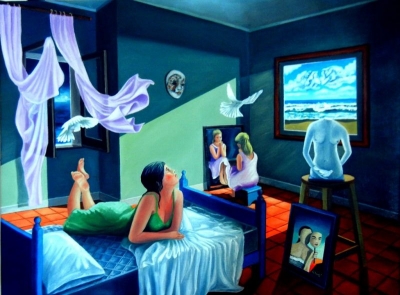 Si queremos crear una humanidad mejor, debemos dejar de juzgar, de crear juicios. Debemos ayudar a las personas a ser conscientes. No debemos dar una consciencia a la gente, es suficiente con darles conocimiento. Te pueden ser dadas ideas estúpidas y tú las llevarás contigo…
Si queremos crear una humanidad mejor, debemos dejar de juzgar, de crear juicios. Debemos ayudar a las personas a ser conscientes. No debemos dar una consciencia a la gente, es suficiente con darles conocimiento. Te pueden ser dadas ideas estúpidas y tú las llevarás contigo…
 El hombre no es consciente, aunque se hace ilusiones de que lo es y es precisamente esta ilusión lo que protege su inconsciencia. El hombre es ignorante, aunque pretenda saber y es precisamente esta pretensión (¡creer que sabe siempre todo!) lo que mantiene intacta su…
El hombre no es consciente, aunque se hace ilusiones de que lo es y es precisamente esta ilusión lo que protege su inconsciencia. El hombre es ignorante, aunque pretenda saber y es precisamente esta pretensión (¡creer que sabe siempre todo!) lo que mantiene intacta su…
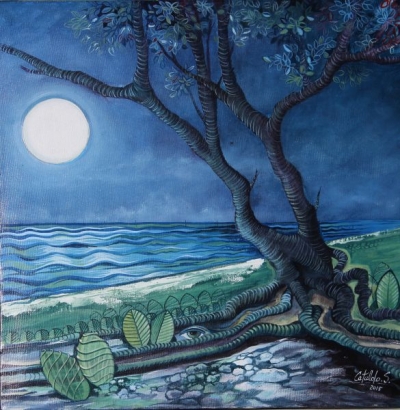 Los hechos representan a la Verdad leída con conocimiento. Es Verdad vista con ceguera, con ojos cerrados, sin inteligencia, de manera no meditativa. En este caso la verdad se transforma en hechos. Os pongo un ejemplo: encuentras a un Cristo o un Buda. Si lo…
Los hechos representan a la Verdad leída con conocimiento. Es Verdad vista con ceguera, con ojos cerrados, sin inteligencia, de manera no meditativa. En este caso la verdad se transforma en hechos. Os pongo un ejemplo: encuentras a un Cristo o un Buda. Si lo…
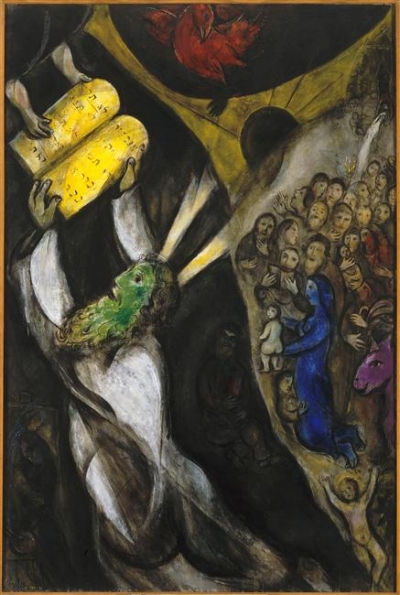 No temo repetir la verdad que es antigua como las montañas y la repito también con las palabras del viejo sabio chino taoísta, Lao Tseu. Lao Tseu, según él "el Tao, la ley del cielo es como un arquero: levanto lo que está abajo y…
No temo repetir la verdad que es antigua como las montañas y la repito también con las palabras del viejo sabio chino taoísta, Lao Tseu. Lao Tseu, según él "el Tao, la ley del cielo es como un arquero: levanto lo que está abajo y…
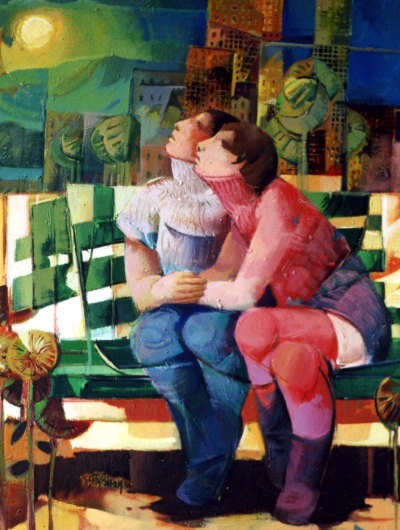 Digámoslo de manera clara, hay personas que están tan unidas a sus convicciones que no aceptan o comparten las de los demás. Aquí estoy listo para explicaros el poder de la convicción, cómo su fuerza puede dañar a las personas. Es fácil demostrar que las …
Digámoslo de manera clara, hay personas que están tan unidas a sus convicciones que no aceptan o comparten las de los demás. Aquí estoy listo para explicaros el poder de la convicción, cómo su fuerza puede dañar a las personas. Es fácil demostrar que las …
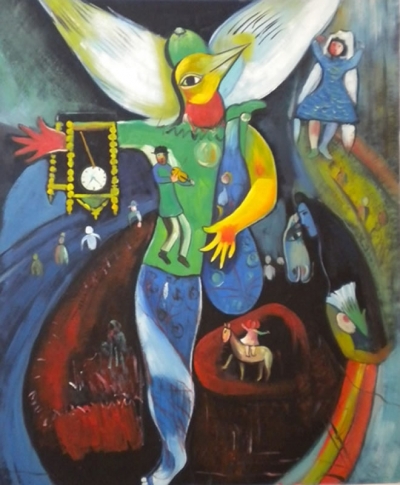 Pensad que todas las religiones, realmente todas, creen que vosotros tenéis Alma, que venís al mundo con alma. Giorgio Gurdjieff es el único hombre, en toda la historia de la humanidad, que dijo una cosa increíblemente importante: "Vosotros no tenéis alma". ¡El único! A pesar…
Pensad que todas las religiones, realmente todas, creen que vosotros tenéis Alma, que venís al mundo con alma. Giorgio Gurdjieff es el único hombre, en toda la historia de la humanidad, que dijo una cosa increíblemente importante: "Vosotros no tenéis alma". ¡El único! A pesar…
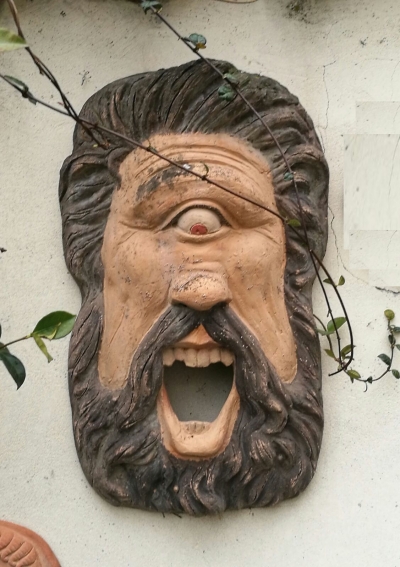 "¡Yo que no soy Nadie, así os hablo!", ahora ha llegado el momento de explicaros porqué me declaro un "Nadie". Los deseos son sueños, no son realidad. No puedes realizarlos y tampoco puedes reprimirlos: para que tú puedas realizar una cosa es necesario que sea…
"¡Yo que no soy Nadie, así os hablo!", ahora ha llegado el momento de explicaros porqué me declaro un "Nadie". Los deseos son sueños, no son realidad. No puedes realizarlos y tampoco puedes reprimirlos: para que tú puedas realizar una cosa es necesario que sea…
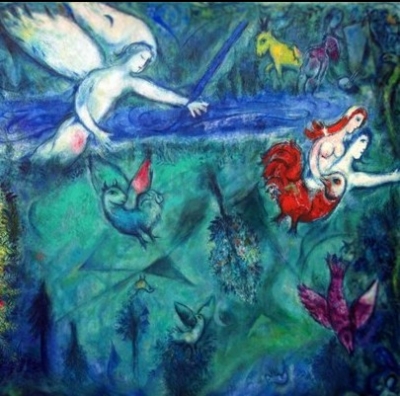 Cuando se habla de pecado, se debe incomodar a la religión, porque el "pecado" es solo la transgresión consciente y voluntaria de la ley Divina, en el lenguaje corriente se habla de culpa. En la concesión del pensamiento teológico-judío y también en la religión musulmana-cristiana,…
Cuando se habla de pecado, se debe incomodar a la religión, porque el "pecado" es solo la transgresión consciente y voluntaria de la ley Divina, en el lenguaje corriente se habla de culpa. En la concesión del pensamiento teológico-judío y también en la religión musulmana-cristiana,…
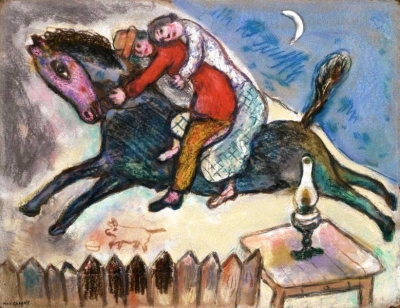 In this paragraph I shall talk about animist nomadism and its myths: over the course of history, it is rooted in the Period of Origins, when neither the State nor the Class Properties existed, while the Law of Life ruled over the world, intended as…
In this paragraph I shall talk about animist nomadism and its myths: over the course of history, it is rooted in the Period of Origins, when neither the State nor the Class Properties existed, while the Law of Life ruled over the world, intended as…
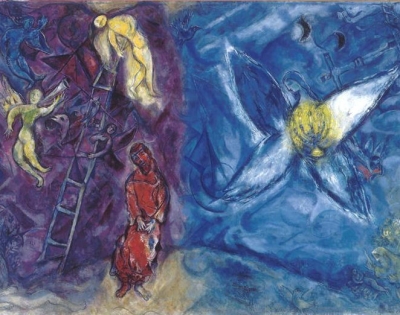 The Victory of Prophetism – The presence of the Great Light This website has been shaped like a magic object, like "Aladdin's lamp", similar to the work of an alchemist who - while changing the "matter" – transforms himself and the surrounding world, like a…
The Victory of Prophetism – The presence of the Great Light This website has been shaped like a magic object, like "Aladdin's lamp", similar to the work of an alchemist who - while changing the "matter" – transforms himself and the surrounding world, like a…
 Animism is a power of the soul, its effect on men is always positive, somehow divine. But what is soul? It is the spiritual component of men in contrast to their body; it has nothing to do with mind and intellect, or with heart and…
Animism is a power of the soul, its effect on men is always positive, somehow divine. But what is soul? It is the spiritual component of men in contrast to their body; it has nothing to do with mind and intellect, or with heart and…
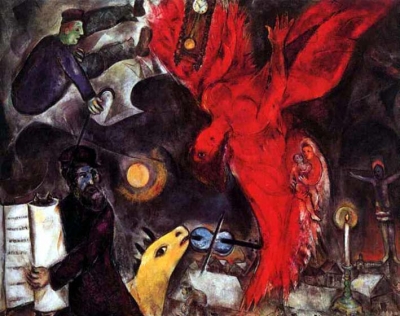 We were asked to clarify the concept of forgiveness. Forgive, does not mean forgetting, obliterate, means researching the true causes that have resulted in unfair malicious behavior, derive meaning, discover the objective, institutional, cultural, and correct it..
We were asked to clarify the concept of forgiveness. Forgive, does not mean forgetting, obliterate, means researching the true causes that have resulted in unfair malicious behavior, derive meaning, discover the objective, institutional, cultural, and correct it..
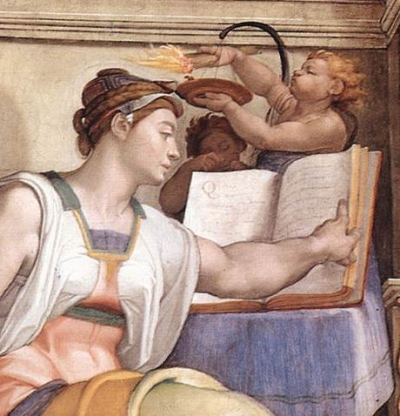 Para entrar en contacto con la Gran Luz se debe acceder a la apertura de los cuatro niveles (cuatro mentes), os he hablado de ella la vez anterior, de los dos primeros niveles, ahora os hablaré de cómo abrir las otras dos puertas. Para abrir…
Para entrar en contacto con la Gran Luz se debe acceder a la apertura de los cuatro niveles (cuatro mentes), os he hablado de ella la vez anterior, de los dos primeros niveles, ahora os hablaré de cómo abrir las otras dos puertas. Para abrir…
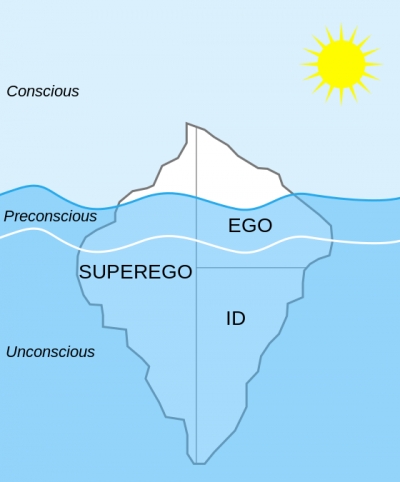 Se nos ha preguntado: "¿Tenéis un maestro que os inspire? ¿Estáis siempre en contacto con el maestro? ¿Cómo podemos ponernos en contacto con él?" R. No tenemos ningún maestro como lo entiendes tú, pero hemos hablado varias veces solo de la Gran Luz, estamos siempre…
Se nos ha preguntado: "¿Tenéis un maestro que os inspire? ¿Estáis siempre en contacto con el maestro? ¿Cómo podemos ponernos en contacto con él?" R. No tenemos ningún maestro como lo entiendes tú, pero hemos hablado varias veces solo de la Gran Luz, estamos siempre…
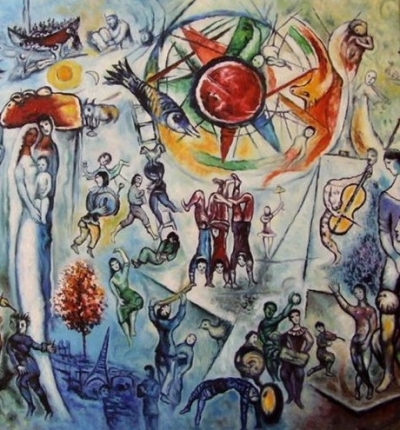 Se nos ha preguntado: "Visto que el Profetismo Moderno habla a menudo de Dios, querría saber vuestra idea sobre Dios y qué religión profesáis. ¿Qué significado tiene esta palabra? ¿Existen otros Dioses? ¿Quiénes son?" R. En el momento en que tú no estás, tú también…
Se nos ha preguntado: "Visto que el Profetismo Moderno habla a menudo de Dios, querría saber vuestra idea sobre Dios y qué religión profesáis. ¿Qué significado tiene esta palabra? ¿Existen otros Dioses? ¿Quiénes son?" R. En el momento en que tú no estás, tú también…
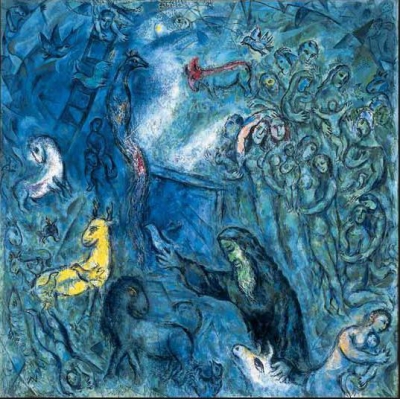 Pregunta: "Estamos viviendo tiempos realmente terribles, el mundo está convulsionado por la violencia. ¿Qué piensa el Profetismo Moderno? ¿Dónde iremos a parar a este paso? ¿Qué será del mundo?” ¡Gracias, sois maravillosos! Giulia de Módena. . _ ._ . Respuesta: Si lo pensamos bien la…
Pregunta: "Estamos viviendo tiempos realmente terribles, el mundo está convulsionado por la violencia. ¿Qué piensa el Profetismo Moderno? ¿Dónde iremos a parar a este paso? ¿Qué será del mundo?” ¡Gracias, sois maravillosos! Giulia de Módena. . _ ._ . Respuesta: Si lo pensamos bien la…
 Si la sociedad quiere vivir mejor, debe parir al Hombre Nuevo, pero se necesita una sustancial modificación del carácter humano, es decir, del paso de preponderancia, o sea, mayor fuerza o importancia de la modalidad del tener, en la forma más egoísta del término, a…
Si la sociedad quiere vivir mejor, debe parir al Hombre Nuevo, pero se necesita una sustancial modificación del carácter humano, es decir, del paso de preponderancia, o sea, mayor fuerza o importancia de la modalidad del tener, en la forma más egoísta del término, a…
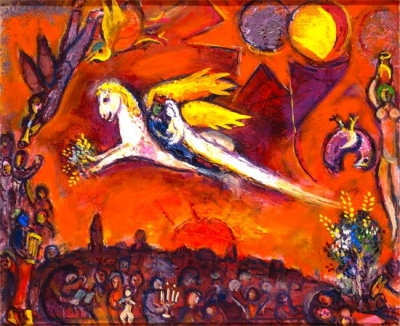 Si quieres encontrar tu camino, antes deberás saber cuál es el sentido de la vida y entender cómo esta se puede realizar. Principalmente son tres las formas de realización humana: el de la ocupación, el social y el sexual. Dejo a un lado las otras…
Si quieres encontrar tu camino, antes deberás saber cuál es el sentido de la vida y entender cómo esta se puede realizar. Principalmente son tres las formas de realización humana: el de la ocupación, el social y el sexual. Dejo a un lado las otras…
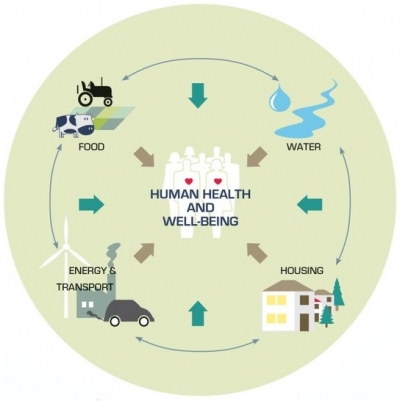 Los tres lazos que vinculan a los seres humanos se refieren a los tres problemas de la vida: pero ninguno de estos problemas puede ser resuelto por separado; cada uno de ellos necesita una solución válida para los otros dos. El primero se refiere al…
Los tres lazos que vinculan a los seres humanos se refieren a los tres problemas de la vida: pero ninguno de estos problemas puede ser resuelto por separado; cada uno de ellos necesita una solución válida para los otros dos. El primero se refiere al…
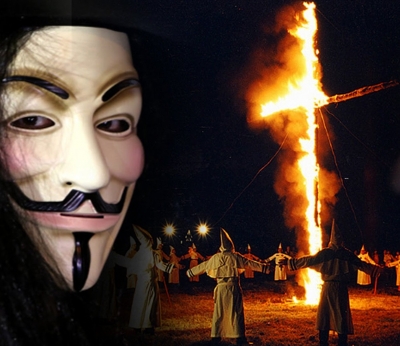 In this article, I would like to focus on Violence and provide an insight into all its various aspects. It goes without saying that the approach to violence takes on either an objective or a subjective connotation depending on the subjects who use violence, i.e. the oppressed or the ruling…
In this article, I would like to focus on Violence and provide an insight into all its various aspects. It goes without saying that the approach to violence takes on either an objective or a subjective connotation depending on the subjects who use violence, i.e. the oppressed or the ruling…
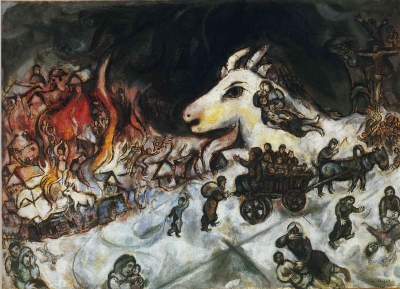 I want to evoke the historical personality of Gandhi, so similar to that of Jesus; you should not forget what he actually taught, not what they would make him to say. In his diary, “old as mountains: the truth and non-violence,” he says, “if I had to choose between armed…
I want to evoke the historical personality of Gandhi, so similar to that of Jesus; you should not forget what he actually taught, not what they would make him to say. In his diary, “old as mountains: the truth and non-violence,” he says, “if I had to choose between armed…
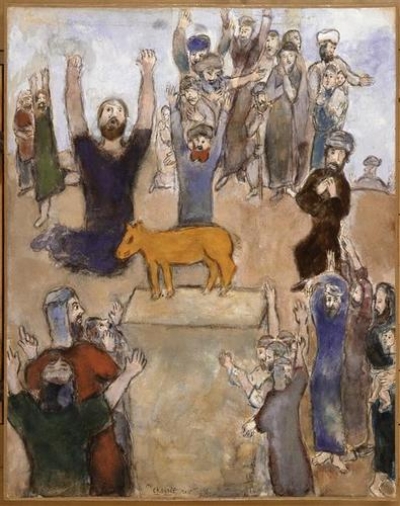 Power and limits of fanatic doctrines. The power and the strength of a community does not only depend on the members or components and on their number, but very much on the economic component, but even more on the doctrine that prophesies and that everyone carries out. Let's see therefore…
Power and limits of fanatic doctrines. The power and the strength of a community does not only depend on the members or components and on their number, but very much on the economic component, but even more on the doctrine that prophesies and that everyone carries out. Let's see therefore…
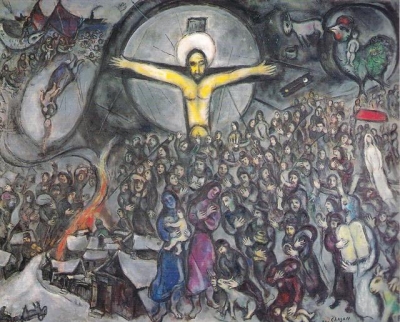 Only following the path "of the last who shall be first, and the first last" (thus avoiding the concept of “last”, “first”, “coincidence” and “removal of opposites”), we can feel universal love, which will enable us to love and help both our friends and enemies looking for humanization; just like…
Only following the path "of the last who shall be first, and the first last" (thus avoiding the concept of “last”, “first”, “coincidence” and “removal of opposites”), we can feel universal love, which will enable us to love and help both our friends and enemies looking for humanization; just like…
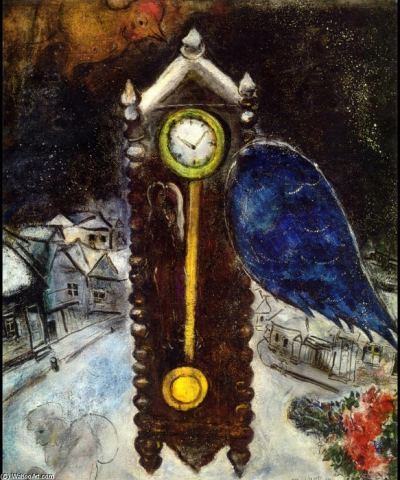 Over the life cycle of men and books, in particular of those dealing with life like this one, the final chapter and the closing sentence are - perhaps coincidentally - the most important steps. Probably some articles have succeeded, albeit marginally, in addressing or inspiring some readers, therefore I would…
Over the life cycle of men and books, in particular of those dealing with life like this one, the final chapter and the closing sentence are - perhaps coincidentally - the most important steps. Probably some articles have succeeded, albeit marginally, in addressing or inspiring some readers, therefore I would…
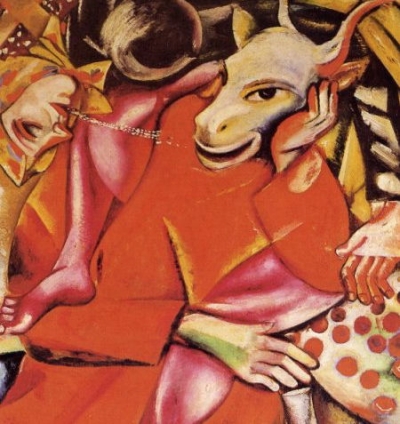 Politics and Religion should be simple: I do not mean that they are easy, but they are not complicated, life is not complicated; all the difficulties arise from the mind, which – if left free to run – tends to prevail over the others. Politicians and philosophers find it very…
Politics and Religion should be simple: I do not mean that they are easy, but they are not complicated, life is not complicated; all the difficulties arise from the mind, which – if left free to run – tends to prevail over the others. Politicians and philosophers find it very…
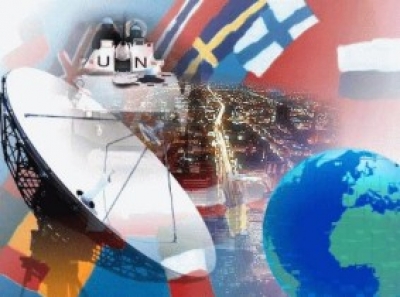 We are living in the technological era, but each situation features other three sides. To the detriment of our personality, our technological society has created the ingenious monstrosity of the group - a downside to be constantly controlled – together with the social "slave - master" hierarchy, while socialist, animist,…
We are living in the technological era, but each situation features other three sides. To the detriment of our personality, our technological society has created the ingenious monstrosity of the group - a downside to be constantly controlled – together with the social "slave - master" hierarchy, while socialist, animist,…
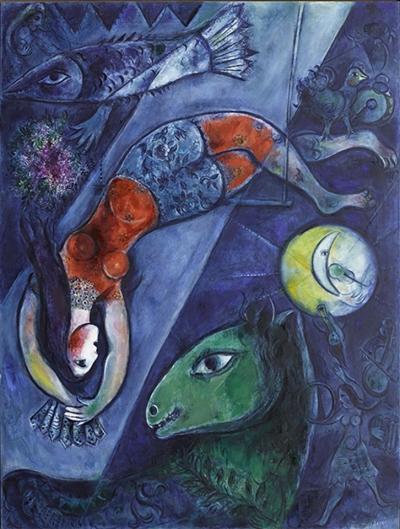 Modern Prophetism circulates on the network, since the network provides a bridge, as evidenced by a modern prophet, Pope Francis, the leader of the Catholic Church. In fact, to use his words: "We are at war, but this is not a religion war"; Well, I think that "In a society…
Modern Prophetism circulates on the network, since the network provides a bridge, as evidenced by a modern prophet, Pope Francis, the leader of the Catholic Church. In fact, to use his words: "We are at war, but this is not a religion war"; Well, I think that "In a society…
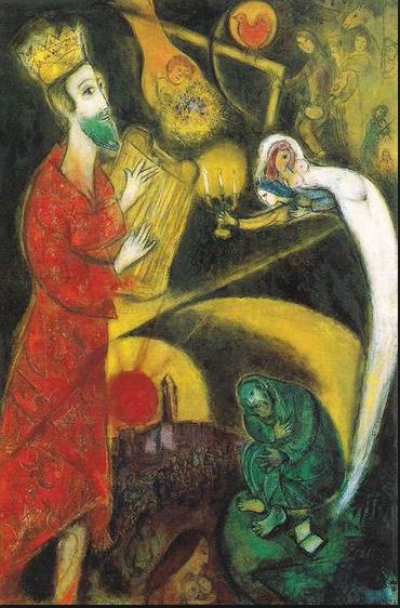 We know that the words, maybe not all, have a power, for this one must say risky words but calibrated, significant. Each word therefore has a power, so I show you " the ethics of power " for those who will use words to communicate to the people, today the…
We know that the words, maybe not all, have a power, for this one must say risky words but calibrated, significant. Each word therefore has a power, so I show you " the ethics of power " for those who will use words to communicate to the people, today the…
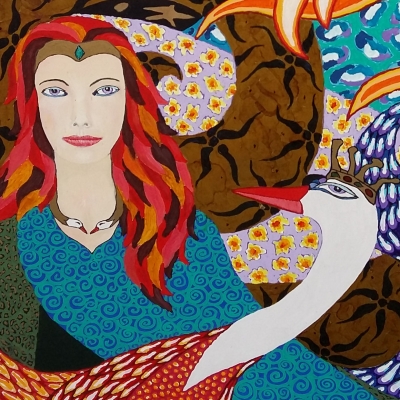 Note: the drug is the cure of the disease, to defeat the disease, the cry is the effect of fright; in this way the Modern Prophet is the effect of entrenched injustice. Without injustices the Prophecy that I give you would remain just the Poet, the Priest- " to the…
Note: the drug is the cure of the disease, to defeat the disease, the cry is the effect of fright; in this way the Modern Prophet is the effect of entrenched injustice. Without injustices the Prophecy that I give you would remain just the Poet, the Priest- " to the…
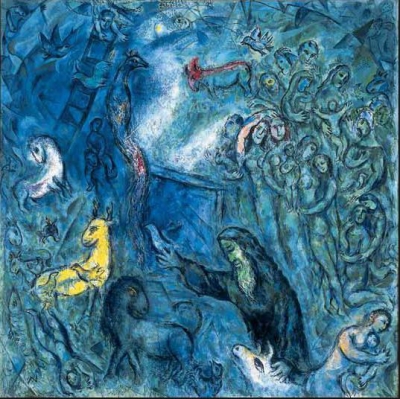 The feeling that makes up the psychological source of power and tradition in its obsequious appearance for Kings, priests, party bosses are: fear and personal ambition that originate power. The power of the organizations through which power is exercised, considering them first as bodies endowed with a life of its…
The feeling that makes up the psychological source of power and tradition in its obsequious appearance for Kings, priests, party bosses are: fear and personal ambition that originate power. The power of the organizations through which power is exercised, considering them first as bodies endowed with a life of its…
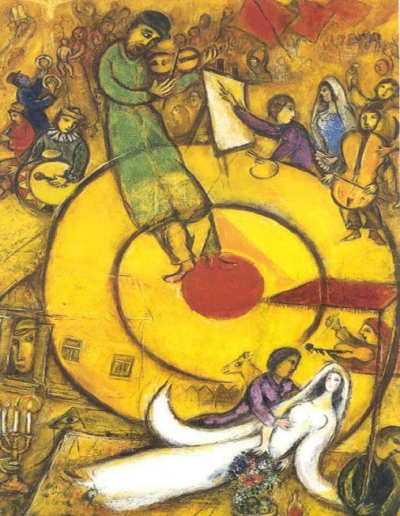 We know how important words are, in the sacred name, in primordial sound would hide the power of being and its possible creation. This means that there would be words that create, there would exist sound images, which create under certain conditions. So let me evoke the word Peace, in…
We know how important words are, in the sacred name, in primordial sound would hide the power of being and its possible creation. This means that there would be words that create, there would exist sound images, which create under certain conditions. So let me evoke the word Peace, in…
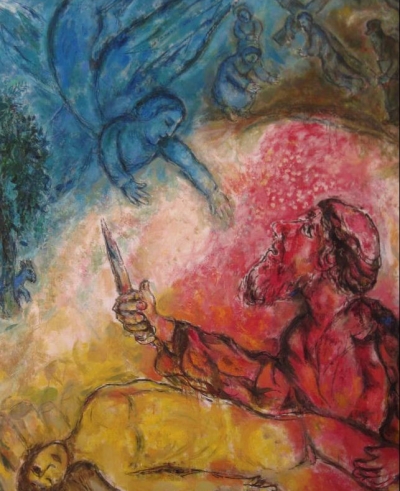 The love of fear- the refusal of pleasure - Fear paralyzes will The relation between "rich-poor"; "servant-master" divides all, it divides especially the consciences of those who have an interest in the destruction of that relationship. The Biblical prophetic wisdom expresses this situation in the right way: "In a State…
The love of fear- the refusal of pleasure - Fear paralyzes will The relation between "rich-poor"; "servant-master" divides all, it divides especially the consciences of those who have an interest in the destruction of that relationship. The Biblical prophetic wisdom expresses this situation in the right way: "In a State…
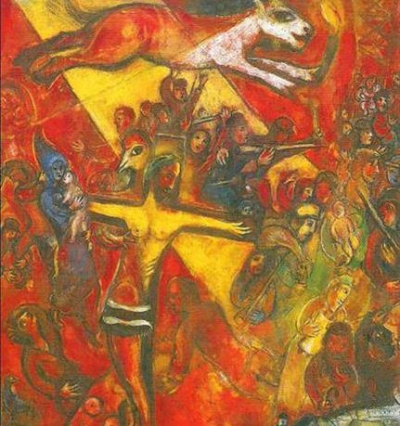 The love of power - in its broadest sense- is the desire to cause effects in the world, this belongs to human nature. Since the time of Lao-Tse this has had its supporters: mystics, politicians, people who cared about the holiness of the people, more like a state of mind…
The love of power - in its broadest sense- is the desire to cause effects in the world, this belongs to human nature. Since the time of Lao-Tse this has had its supporters: mystics, politicians, people who cared about the holiness of the people, more like a state of mind…
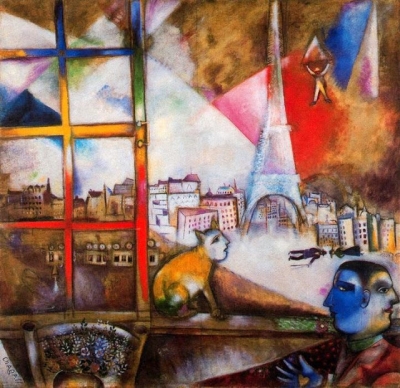 We must consider that there are two kinds of pursuit of power, already identified in the past, and two elements: a ruler and his/her follower (Christ and the apostles, all the prophets and devotees.) We must understand that men tend to adhere to the ideals conveyed by the ruler and,…
We must consider that there are two kinds of pursuit of power, already identified in the past, and two elements: a ruler and his/her follower (Christ and the apostles, all the prophets and devotees.) We must understand that men tend to adhere to the ideals conveyed by the ruler and,…
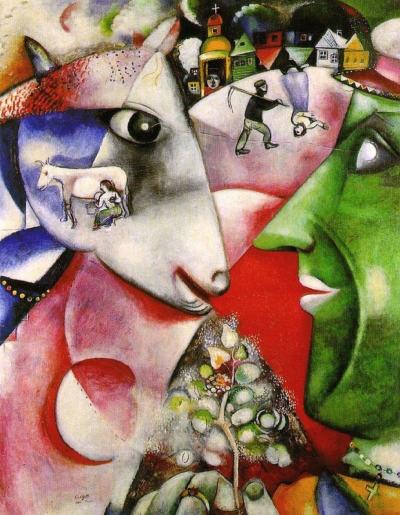 Globalisation of Thoughts - Social science Men are able to think, and within their thoughts they combine representation and awareness. This union results from two factors: the first one merely relates to the subject and has a subjective connotation, while the second one is independent and necessarily objective.
Globalisation of Thoughts - Social science Men are able to think, and within their thoughts they combine representation and awareness. This union results from two factors: the first one merely relates to the subject and has a subjective connotation, while the second one is independent and necessarily objective.
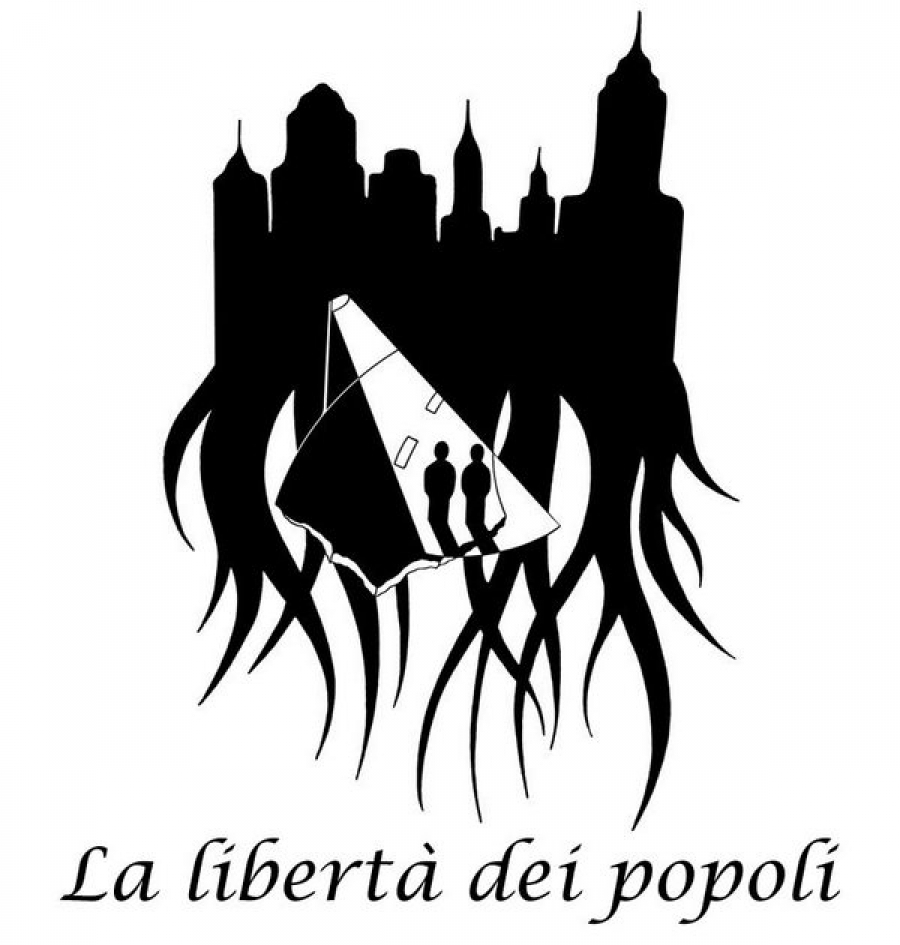 Peoples will never be free if they do not get rid of their rulers: according to the latter, in fact, the masses must be poorly educated, just to meet the awareness requirements of the State-Country. The counter-revolution, which has always been popular among the peoples, despises the awareness of the…
Peoples will never be free if they do not get rid of their rulers: according to the latter, in fact, the masses must be poorly educated, just to meet the awareness requirements of the State-Country. The counter-revolution, which has always been popular among the peoples, despises the awareness of the…
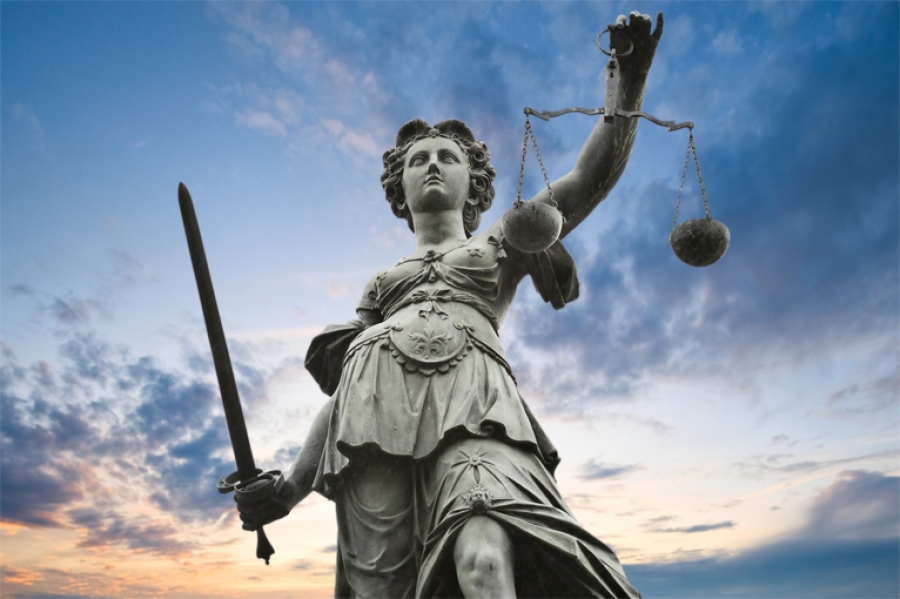 Law enters the service of men and not vice versa, it supports the weak, regardless of their identity, however it is not suitable for the current history as well as for the existing, future and unattainable justice (messiahship.) A new force has arisen, or had already arisen, from these writings…
Law enters the service of men and not vice versa, it supports the weak, regardless of their identity, however it is not suitable for the current history as well as for the existing, future and unattainable justice (messiahship.) A new force has arisen, or had already arisen, from these writings…
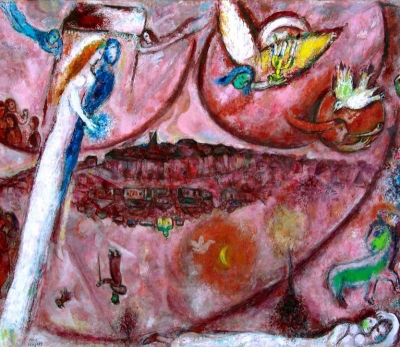 In our world, the just do not exist, because there can be no prevailing justice, and the just are often killed, persecuted, deceived (whereas the opposite occurs in the Promised Land): the just, i.e. those who act with liberality and full awareness, are crucified. "... Does not ride a horse…
In our world, the just do not exist, because there can be no prevailing justice, and the just are often killed, persecuted, deceived (whereas the opposite occurs in the Promised Land): the just, i.e. those who act with liberality and full awareness, are crucified. "... Does not ride a horse…
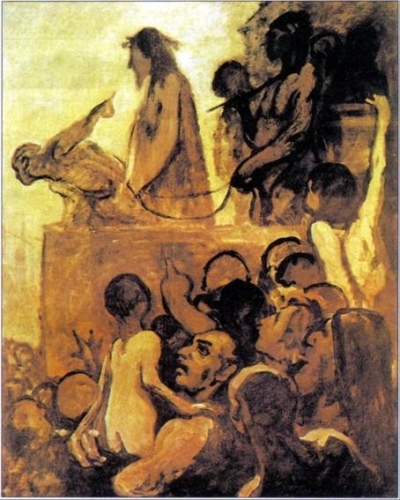 Now let’s focus on the tenth right: Meritocracy. Democracy has failed, we cannot ignore this fact; we have gone through various types of governments: aristocracy, kingdom, democratic city-states and now the whole world is exalting the idea of democracy. However, democracy has never solved any…
Now let’s focus on the tenth right: Meritocracy. Democracy has failed, we cannot ignore this fact; we have gone through various types of governments: aristocracy, kingdom, democratic city-states and now the whole world is exalting the idea of democracy. However, democracy has never solved any…
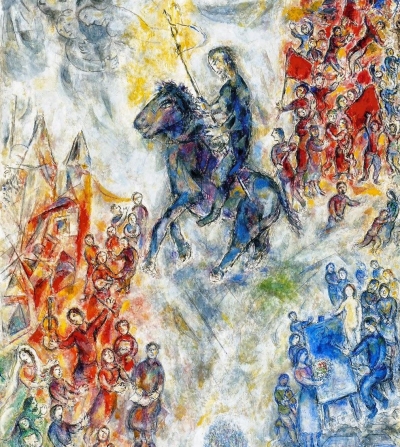 Now let’s consider the last statements of the “Nobody” prophet, which must not be taken for granted, but examined and discussed, in addition to the popular Declaration of Human Rights. "Whereas recognition of the inherent dignity and of the equal and inalienable rights of all…
Now let’s consider the last statements of the “Nobody” prophet, which must not be taken for granted, but examined and discussed, in addition to the popular Declaration of Human Rights. "Whereas recognition of the inherent dignity and of the equal and inalienable rights of all…
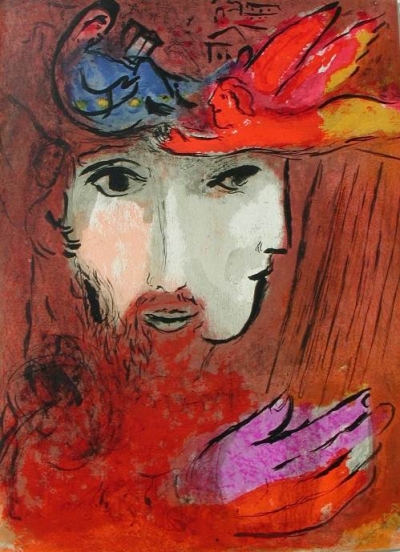 On 10 December 1948, the United Nations General Assembly approved and enacted the Universal Declaration of Human Rights. 48 Countries, including the United States – the actual promoter of the Declaration – took part in the vote and supported this proposal. Conversely, 8 Countries were…
On 10 December 1948, the United Nations General Assembly approved and enacted the Universal Declaration of Human Rights. 48 Countries, including the United States – the actual promoter of the Declaration – took part in the vote and supported this proposal. Conversely, 8 Countries were…
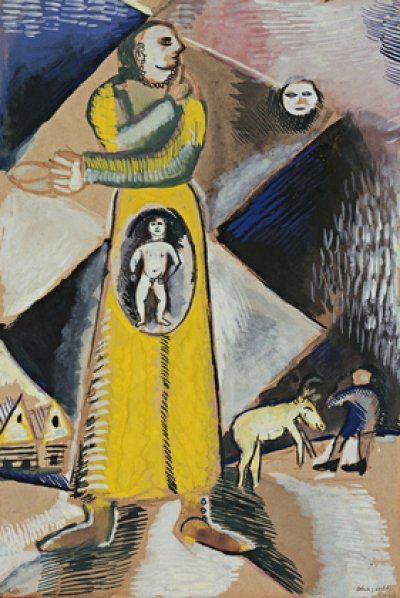 Before completing our Declaration of Human Rights, I would like to stress that men need to start a great thought revolution against the injustices, but especially against the so-called "philanthropists"; i.e. those who declare their love for humanity, their intention to improve the fate of…
Before completing our Declaration of Human Rights, I would like to stress that men need to start a great thought revolution against the injustices, but especially against the so-called "philanthropists"; i.e. those who declare their love for humanity, their intention to improve the fate of…
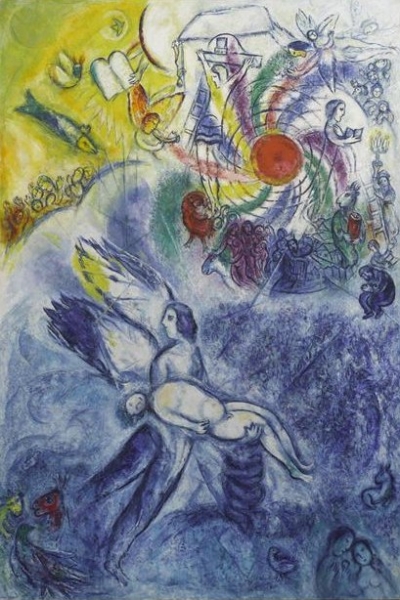 Universal Declaration of human rights according to the Prophetism carries on in its elucidation. We took into consideration the first two issues namely: the right to Live, the second, which is the closest to my heart, Love, we now come to the third fundamental right,…
Universal Declaration of human rights according to the Prophetism carries on in its elucidation. We took into consideration the first two issues namely: the right to Live, the second, which is the closest to my heart, Love, we now come to the third fundamental right,…
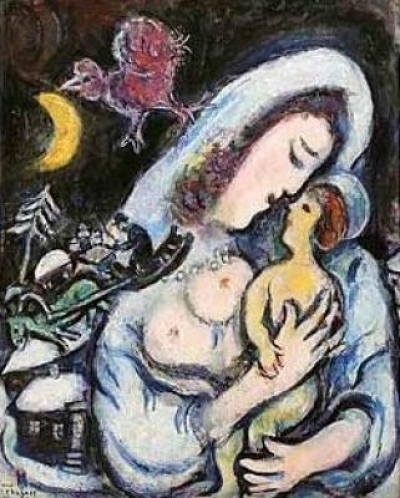 Right to Life - The Right to Love - Human rights according to Prophetism. Universal Declaration of human rights according to Prophetism Now it's good that I talk you about how the web Prophetism conceives human rights; I'm going to talk about Our Declaration of…
Right to Life - The Right to Love - Human rights according to Prophetism. Universal Declaration of human rights according to Prophetism Now it's good that I talk you about how the web Prophetism conceives human rights; I'm going to talk about Our Declaration of…
 Civilized society does not exist I thought on human rights, specifically my thoughts as a prophet of the net, then lit on men, is shipwrecked on the so called United Nations, and on human rights day. We must not forget a basic fact: we live…
Civilized society does not exist I thought on human rights, specifically my thoughts as a prophet of the net, then lit on men, is shipwrecked on the so called United Nations, and on human rights day. We must not forget a basic fact: we live…
|
Se nos ha preguntado: "Querría saber, ¿cuántos sois los que escribís sobre el Profetismo Moderno? Además, querría preguntaros: ¿es posible aclarar el concepto de amor, dado que habláis de él en todos los artículos?" R. Empiezo diciéndote que somos: ¡Uno, ninguno, cien mil! Como diría…
|
Modern Prophets - Principles of Humanistic Logic
|


